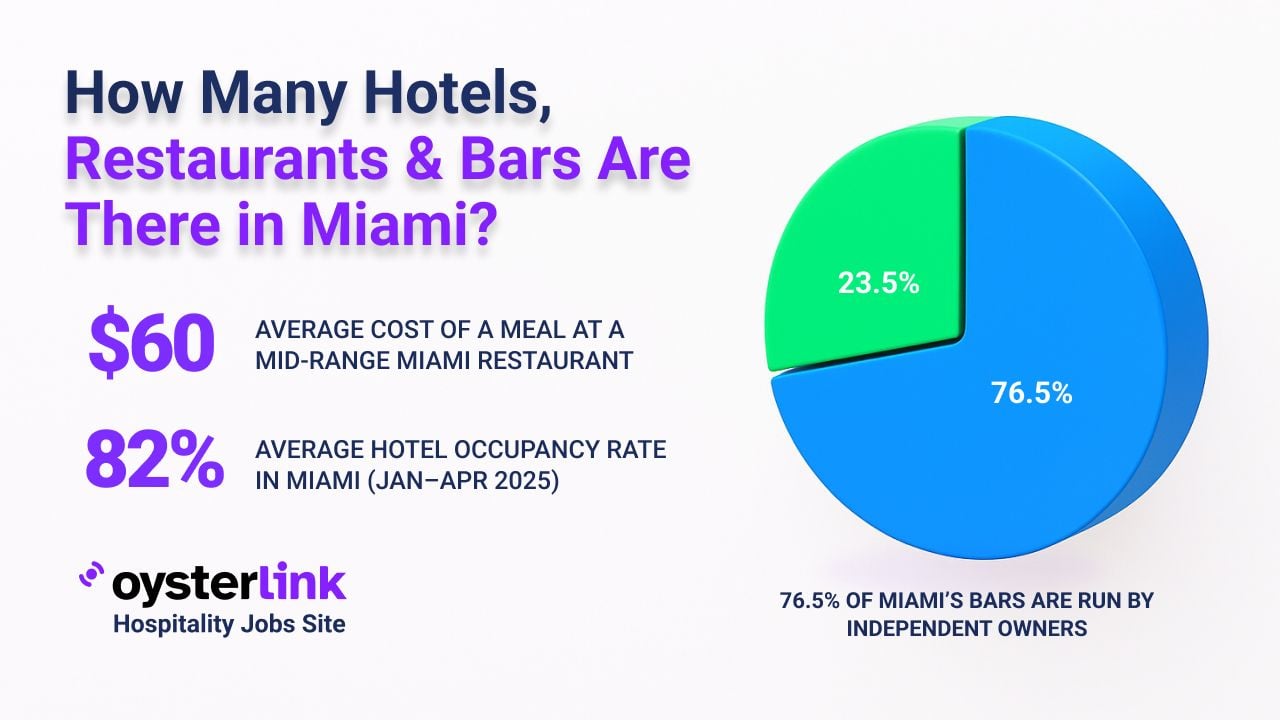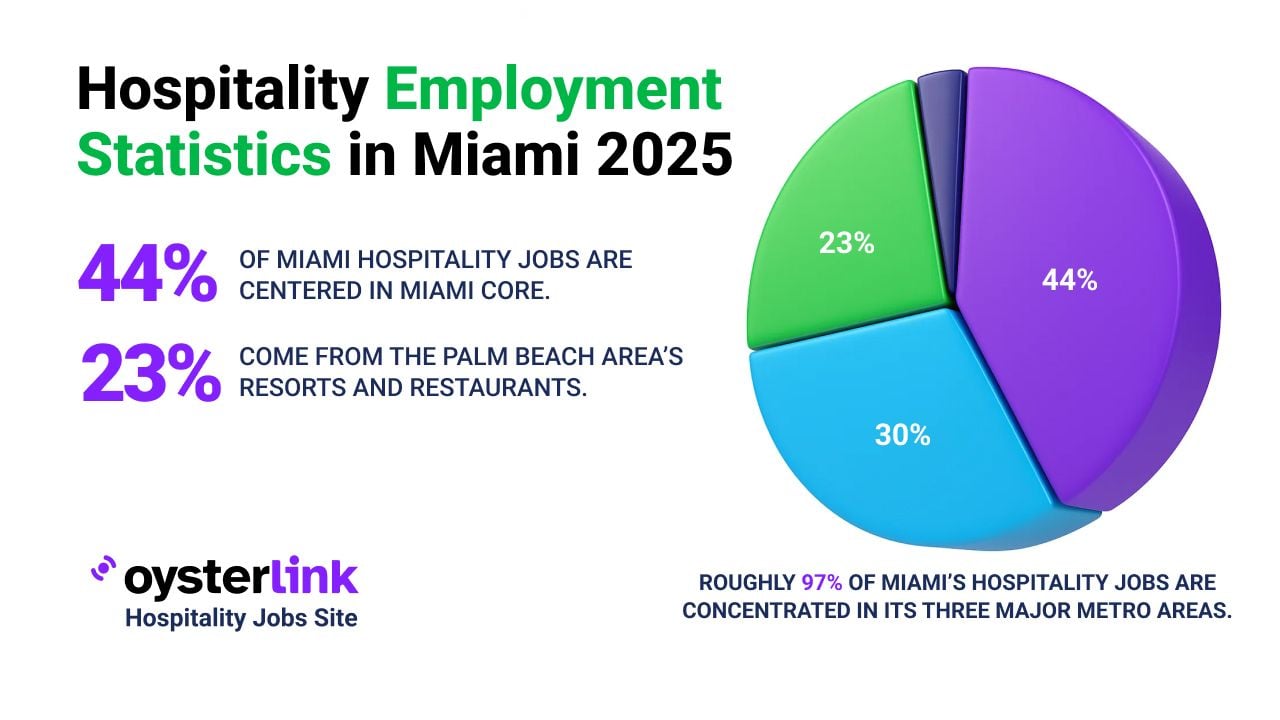Georgia Immigration and Work-Authorization Compliance for Hospitality Employers: Key Takeaways
- Employers with 11+ employees must enroll in E-Verify to confirm work authorization; smaller employers submit an exemption affidavit.
- New employment contract requirements for foreign nationals include detailed employee and company info and dual-language documentation.
- Foreign employees must be registered with Georgia’s Ministry of Health portal, with updates for employment changes.
The hospitality sector in Georgia faces strict immigration and work-authorization rules designed to ensure legal employment and protect worker rights.
This guide outlines the mandatory compliance steps hospitality employers must take to avoid penalties and maintain lawful operations.
For hiring outreach, review job posting compliance to align with labor laws.
1. E-Verify and Employee Verification Requirements in Georgia Hospitality
Georgia mandates that hospitality employers with 11 or more employees enroll in the federal E-Verify system to verify new hires' eligibility for employment.
E-Verify enrollment is required to obtain or renew business licenses or occupational tax certificates, making it a critical compliance step.
Employers with 10 or fewer employees are exempt from E-Verify but must submit a signed affidavit affirming their exemption status and commitment to lawful hiring practices.
This ensures that most hospitality employers maintain an electronic confirmation of lawful work authorization for all new employees while smaller businesses uphold accountability through sworn statements.
When expanding your team, these restaurant staff hiring strategies can help you attract authorized talent.
2. New Employment Contract Rules for Foreign Nationals in Georgia Hospitality
Since September 1, 2023, Georgia requires detailed employment contracts for foreign nationals working in hospitality and other sectors.
Contracts must include essential employee information such as:
- Citizenship or nationality
- Georgian ID number or passport number
- Job position and workplace location
Company details are also required, including:
- Registration and legal addresses
- Operating address
- Bank account information
The contract must state the employment start date, contract duration, and clearly define rights and responsibilities of both employer and employee.
These contracts must be written for a specified period and provided in both Georgian and the employee’s native language or a language they understand to ensure transparency and fairness.
Clear role definitions, such as the kitchen manager job description, also support compliant contracts.
3. Registration of Foreign Employees with Georgia's Ministry of Health
Employers must register all foreign employees through the electronic portal of the Ministry of Internally Displaced Persons from the Occupied Territories, Labour, Health, and Social Affairs of Georgia.
This registration process includes ongoing updates for any changes in employment terms, such as salary adjustments, position changes, or contract terminations.
Failure to register or update records may lead to administrative penalties, emphasizing the importance of maintaining accurate employment data for foreign workers.
For hotel operations, ensure roles like the receptionist job description are properly defined before onboarding.
4. Penalties for Non-Compliance in Georgia Hospitality Industry
Georgia enforces strict penalties on hospitality employers that fail to comply with immigration and work-authorization laws.
First-time civil fines range from $500 to $1,000, while subsequent violations can result in fines between $1,000 and $2,000.
More severe consequences include suspension or revocation of business licenses, potential disqualification from public contracts, and even criminal charges if violations are egregious.
Because of these risks, thorough adherence to regulations is vital for hospitality employers wishing to maintain their business operations and reputations.
Standardized hiring processes, such as how to hire a restaurant manager, reduce documentation errors and compliance risks.
5. Record-Keeping and Documentation Requirements for Georgia Hospitality Employers
Record-keeping is a cornerstone of compliance for immigration and work-authorization laws.
Employers must retain Form I-9 for employees for at least three years after hire or one year after termination, whichever is later.
Documentation related to E-Verify participation, including case results and affidavits of exemption, must be securely stored and be readily available for audits or inspections.
Maintaining thorough records protects employers during investigations and demonstrates good-faith compliance efforts.
Maintain performance records using an employee evaluation form to support lawful employment decisions.
6. Anti-Discrimination Protections in Georgia Hospitality Employment
Georgia hospitality employers must also follow federal anti-discrimination laws concerning immigration status and national origin.
Discrimination against employees or applicants based on citizenship, national origin, or the improper use of work-authorization documents is prohibited.
Employers must refrain from document abuse and avoid retaliating against workers who assert their legal rights or report violations.
Upholding these protections fosters an inclusive workplace and shields employers from costly discrimination claims.
Train interviewers to use compliant prompts, such as these restaurant manager interview questions, to avoid document abuse or bias.
7. Best Practices for Immigration and Work-Authorization Compliance in Georgia Hospitality
To maintain compliance with Georgia immigration laws, hospitality employers should adopt the following best practices:
- Enroll promptly in E-Verify if required, and submit exemption affidavits if eligible.
- Use employment contracts for foreign nationals that meet new requirements, including dual-language versions.
- Register foreign employees with the Ministry of Health portal and keep all information current.
- Keep comprehensive records of I-9 forms, E-Verify cases, affidavits, and employment contracts.
- Train HR and management staff on immigration laws and anti-discrimination protections.
- Regularly audit employment records and policies to identify and remediate compliance gaps.
Following these steps helps hospitality businesses mitigate risks and maintain lawful, equitable hiring and employment practices.
Use role-specific templates like a housekeeper job description to ensure expectations and responsibilities are documented.
8. Useful Government Resources for Georgia Hospitality Employers
For detailed guidelines and official updates on immigration compliance, hospitality employers can refer to these resources:
- Georgia Department of Labor: Georgia Security and Immigration Compliance Act
- U.S. Citizenship and Immigration Services: E-Verify
- Georgia Department of Economic Development: Business Resources
For context on wages and immigration policy, see immigration pay insights in hospitality.
Georgia Immigration and Work-Authorization Compliance for Hospitality Employers: Conclusion
Georgia’s hospitality industry must navigate complex immigration and work-authorization requirements, including mandatory E-Verify enrollment for most employers, detailed contract obligations for foreign nationals, and strict registration rules.
Adhering to these regulations with careful record-keeping and respect for anti-discrimination protections reduces legal risks and fosters a lawful workplace.
By following best practices and utilizing official resources, hospitality employers in Georgia can ensure compliance, protect their businesses, and support a fair employment environment.




.webp)
.webp)